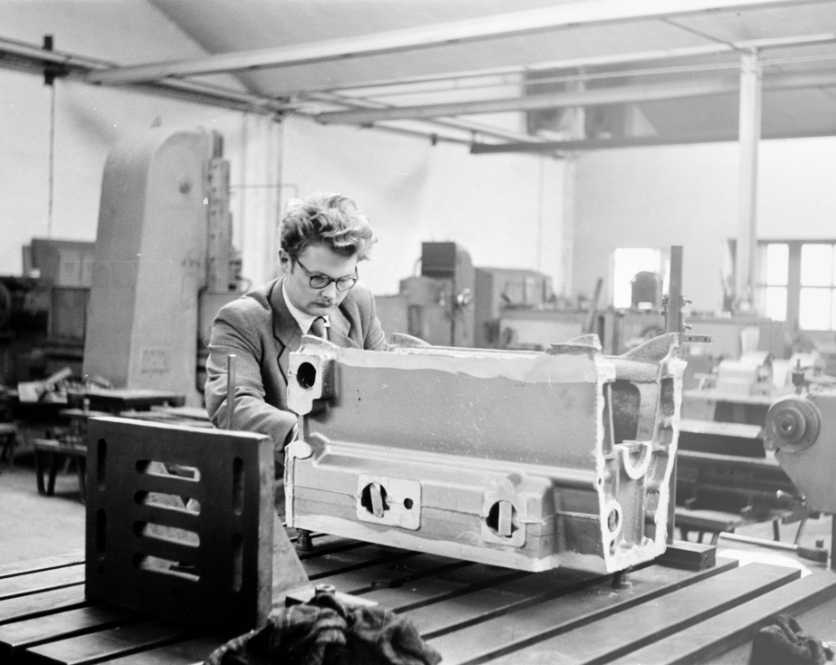
Outro
The words of Helmut Claas sum up what will continue to be important moving forward.
Read more
Fewer farms, more land to manage: Along with economic pressures, not having anyone to take over is often a reason why farmers give up their businesses. Handing over to someone outside of the family could be a way of preventing a life’s work from being put out to pasture.
Text: Roman Scherer
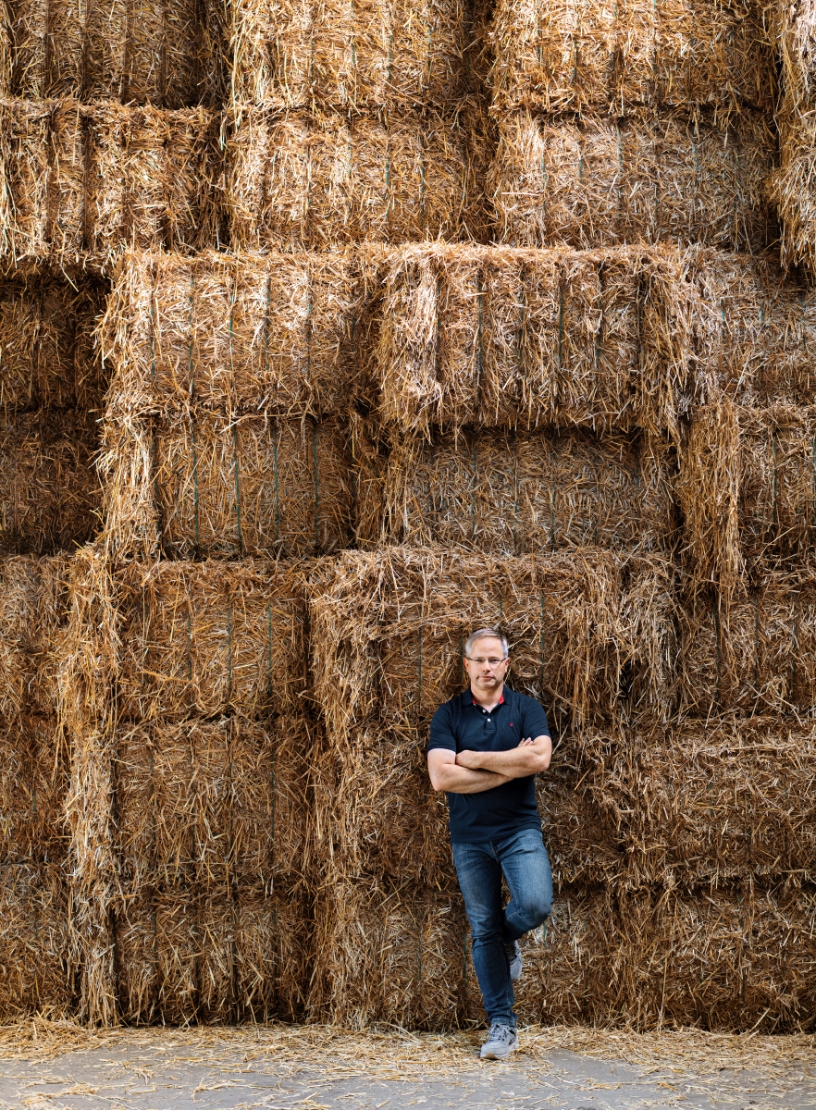
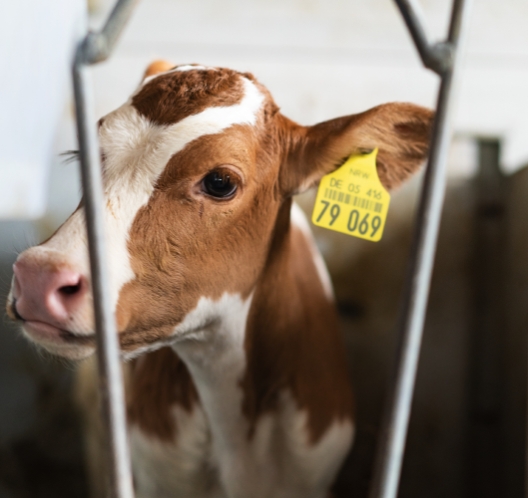
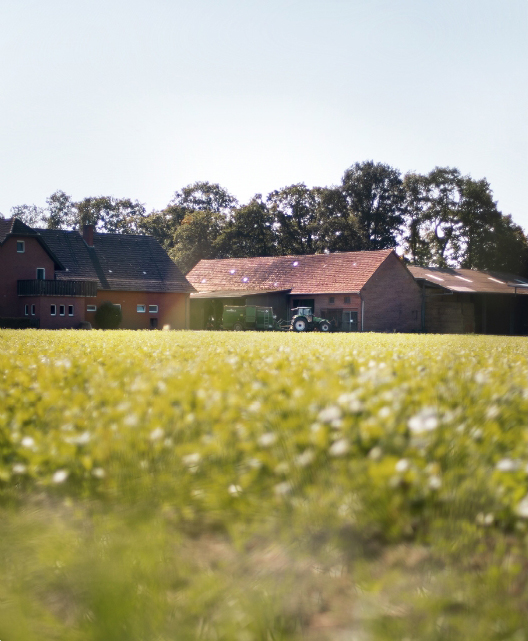
Use it or lose it: This often dramatic dilemma quickly comes to mind when talking about the structural change in German agriculture. But what is really going on? The fact is that the number of farms has been steadily decreasing for decades, which is why the average amount of land per farm is increasing. According to the last census in 2019, over 40 percent of farming land in Germany belongs to 5 percent of the biggest farms. Germany alone had almost 1.8 million farms in 1949. Now there are only around 260,000. Not counting the just over 20,000 small farms with less than five hectares, there are 68 hectares of land per farm today.
This phenomenon is not unique to Germany: Everywhere in Europe, the number of farms is falling while the amount of land per farm is growing. The U.S. and Canada are also seeing a decline in smaller farms. Economic pressures are one of the main reasons for this. Modern agriculture is a capital-intensive business – the larger the farm, the more efficient it is to use expensive machinery. Economies of scale are also a factor. But even financially sound businesses are disappearing for one very common reason: there is no successor.
Changing times: In roughly 70 years, the number of farms has fallen by just over 85 percent.
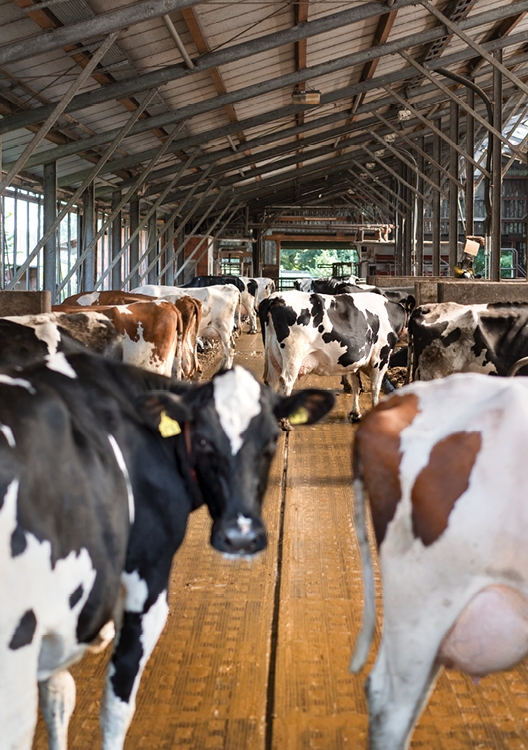
More than a place of work
For farmers, a farm is more than a place of work. It is the center of their family and of their whole life, and has often been so for generations. It is therefore no surprise that many farmers face major challenges when no one in the family wants to take over the reins. At the same time, there are plenty of people who would like to have a farm of their own, but have no such tradition in their family. One example is Thomas Großerüschkamp. He was born in 1974 as the third of four children of a dairy farmer in western Münsterland. He developed a passion for agriculture and dairy farming from an early age on his parents’ farm. Because the firstborn child had the right of succession, his older brother took over the business.
Großerüschkamp then decided to go back to school and enrolled in a business college to study wholesale and international trade in the agricultural sector. “I always kept my eyes and ears open for news of an available farm,” he says. He was then contacted by an advisor from the Chamber of Agriculture who knew that he was looking for a farm: The advisor had learned of a family in East Westphalia who wanted to hand over their farm. The children had no interest in the profession, but the family wanted the farm to continue running. Großerüschkamp visited the farm in 1996; it was a dairy farm with 45 cows and just over 40 hectares of land. The first impressions were good on both sides. “We were ready to talk more about a handover of the business,” Großerüschkamp recalls.
Suddenly, speed was of the essence
In the subsequent years, the family and the young man got to know each other more and more and gradually came to an agreement that a farming qualification was necessary. Since speed was of the essence, Großerüschkamp opted for an agricultural engineering degree at a university of applied sciences. He worked on the farm during semester breaks and occasionally at other times of the year. The older man at the farm had an accident while working in 1999. Großerüschkamp, who was in the middle of writing his final-year thesis, stepped in and became the farm manager. “The groundwork had already been laid,” he recalls. An operational lease was chosen as the form of the handover. If the lease were terminated, Großerüschkamp would, as the farmer, receive compensation for the increase in the value of the farm under his management and the transferring party would also have a way out of the handover. “That was our safety net,” explains Großerüschkamp. He made the decisions back then with his now wife, who he has known since childhood. She did not come from a farming background, but was and continues to be involved in the farm. “That is also a form of agreement,” remarks Großerüschkamp with a smile.

Truly accepted
To seal the handover, the family and the young man went a step further. In 1999, Großerüschkamp was adopted by the family at the age of almost 26. The law relating to inheritance of farms and forestland as well as tax law played a role in this decision. “But we have also become closer as families,” says Großerüschkamp. He even took the name of his adoptive parents. “I grew up on a farm myself and know how close the ties between farms and family names traditionally are,” he explains. “If I had kept the name I was born with, I would have been an outsider here for longer.”
Today, the dairy farmer has long felt accepted. Even though he and his wife had to sacrifice a lot when they moved and took on the farm, Thomas Großerüschkamp is happy. The farm now has 145 cows and 86 hectares under cultivation. The older man, Antonius Großerüschkamp, still pitches in. “His passion is farming, and he is still in great shape at 86,” says Großerüschkamp junior. Thomas Großerüschkamp has not yet had any specific thoughts about who will take over from him. He has four children, and one daughter has at least expressed an interest. “I would be thrilled if one of my children took over the farm,” he says. “But we are always open with them about what it means to commit yourself to a farm. We want them to make their own decisions.” When asked, Großerüschkamp does not rule out handing over the farm to someone outside of the family: “Once the time comes and if none of the children wants to take it on, I could well imagine us looking outside of the family.”
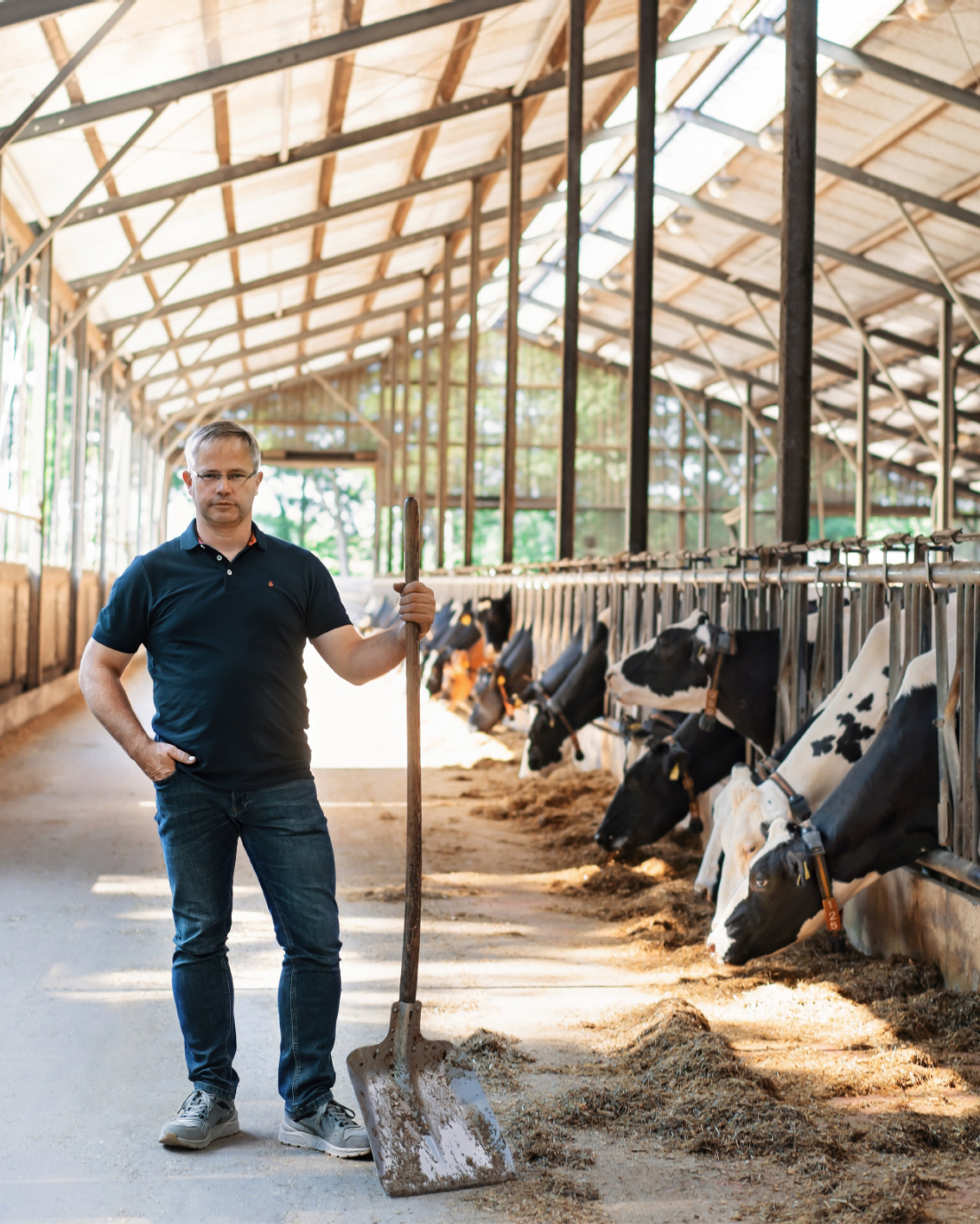
Christian Vieth has been tackling one particular question for a long time now: How do farmers without successors and people aspiring to be farmers meet? Since 2008, he has been introducing both sides online at hofsuchtbauer.de.
Mr. Vieth, what criteria must a farm meet to enable a successful handover?
The farm needs to be economically viable and the owner must be willing to hand over the reins. This is often done on the same terms as within the family, and can mean that a lifelong right of residence is agreed for the transferring generation, along with a cash payment as a supplement to the retiring farmer’s existing pension. A handover like this is a huge stroke of luck for many farmers. They have a keen interest in ensuring that the legacy they have worked hard to create for decades is continued. At the same time, the next generation is given the opportunity to enter the profession.
What skills do you need to take over a farm?
The farmer is looking for a successor – not a trainee. Applicants need to have at least some professional training in agriculture, preferably further training as a technician / master craftsman, for example, or a degree. They should also have a few years under their belt spent working and having responsibility. The ideal candidate would be in their early 30s and be done with their wilder, partying days. They must realize that farming is a big responsibility that lasts for decades.
is the number of farm handovers outside of families that Christian Vieth has been involved in up to now.
How do you get things started with your marketplace?
A farmer ideally contacts us in their mid-50s or early 60s. They then have a consultation appointment at their farm. After that, the process takes time. Sometimes a year passes before a decision is made. Retiring farmers need to be absolutely certain and to have resolved all the issues relating to the farm. By this I mean primarily the heirs disclaiming their inheritance, who may be giving up a lot of money and then become a disruptive factor that can cause the handover process to fail.
What are the key success factors for a handover?
It is important to ensure that the expectations between those giving up the farm and those taking it over are aligned. Both sides often have specific ideas – and it is not usually possible to realize all of them. I have now been involved in more than 700 farm handovers outside of the family. From this experience, I have learned that there is no such thing as an ideal farm or an ideal successor. However, I have often seen people end up in places they never would have dreamed of going – and they are happy and content.